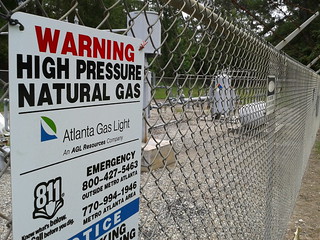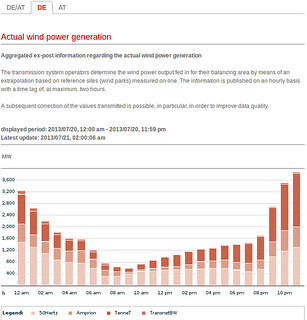Citizens are calling for GA PSC Chuck Eaton to call it off. Since apparently GA PSC does have authority over natural gas pipelines, maybe we should talk to our Commissioner H. Doug Everett about that proposed Sabal Trail natural gas pipeline through Lowndes County. Wasting resources on natural gas now is foolish when solar will overtake everything within a decade and we should be getting on with sun power for Lowndes County instead of methane for Florida.
Brookhaven Post 23 August 2013, Deteriorating conditions at AGL regulator station site has citizens calling for its removal,
An Atlanta Gas Light (AGL) regulator station that is being constructed on Parcel 36 off of Clairmont Rd., has been a project of concern for some time now. Site conditions such as trenches full of water, deteriorating banks, eroding foundations, corrosion, substandard and hazardous construction practices, and a host of other issues, have become the catalyst to amplifying an effort to have Public Service Commissioner, Chuck Eaton, intervene and ask that AGL cease construction and remove the station.
-jsq









![[Map: 36" Greenfield Pipeline Approx. 465 Miles]](http://www.l-a-k-e.org/govt/loco/pipeline/2013-07-25--sabal-trail/SCAN0450.jpg)
![[Map of Options A and B]](http://www.l-a-k-e.org/govt/loco/pipeline/2013-07-25--sabal-trail/SCAN0476.jpg)


